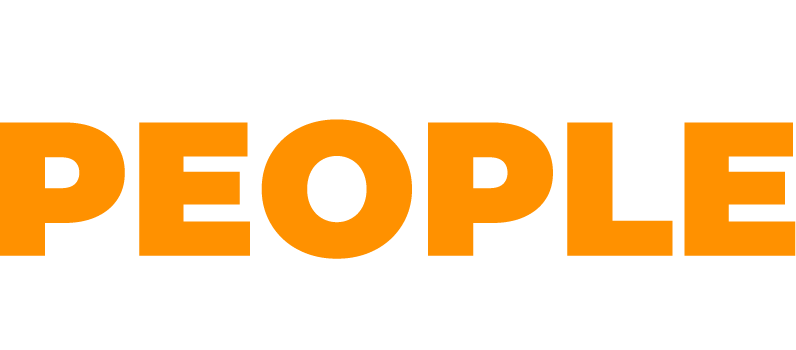
Opportunity:
Advance Reproductive Justice
“Reproductive freedom is critical to a whole range of issues. If we can’t take charge of this most personal aspect of our lives, we can’t take care of anything. It should not be seen as a privilege or as a benefit, but a fundamental human right.”
― Activist Faye Wattleton
The Issue
Reproductive justice is more than the right to choose; it intersects with economic, racial, and environmental justice. Bodily autonomy extends to equitable access to healthcare and education for all, especially for marginalized communities. It acknowledges systemic barriers, like those a low-income woman of color might face in accessing care or the unique discrimination LGBTQ+ individuals must often overcome to access healthcare. To champion reproductive justice is to confront these overlapping oppressions. Everyone deserves bodily autonomy, without economic or racial barriers, upheld by a society that respects their dignity. Every woman, regardless of her background or circumstances, deserves the right to make choices about her body without interference or judgment.
What I’ve Done So Far
As a father of four, including three daughters, reproductive justice isn't just another policy stance: it's deeply personal. That's why I've been outspoken for reproductive justice even in Maryland, a state known for its progressive stance on reproductive rights. I've been proud to vote to fund local support services for those seeking abortions and to fund legal aid organizations for abortion care providers. In the wake of the Dobbs decision, I led our Council in formally recognizing a woman's fundamental right to choose.
What I Will Do in the Senate
-
Nearly 50 years ago, Roe v. Wade affirmed every woman's right to make personal decisions about her body. Despite ongoing challenges in several states, the Dobbs decision has exacerbated the threat to abortion access. No one should fear governmental intrusion in these profoundly personal matters. I am committed to reinstating Roe's protections and prepared to take bold action to get it done, including a vote to expand the Supreme Court. Upholding women's rights, health, and autonomy demands nothing less.
-
Comprehensive, evidence-based sex education is the cornerstone of reproductive health and justice. It's not just about biology; it's about consent, relationships, inclusivity, and respect. A 2018 review commissioned by the U.N. shows the benefits of these programs — from significantly reducing STD rates to actively combating homophobic and transphobic attitudes amongst youth. Unfortunately, our federal government continues to spend $110 million annually on abstinence-only programs despite evidence of their limitations and potential harm. It's high time we invest in programs that truly serve our youth by promoting empathy and understanding.
-
Reproductive justice goes beyond birth; it means building a society where families have the rights and resources they need to thrive. Unfortunately, the U.S. is the only one among 41 OECD countries without a national paid parental leave policy and one of the few high-income countries that does not have a national paid family medical leave policy. We must work to radically change this landscape and ensure no family is left behind.
